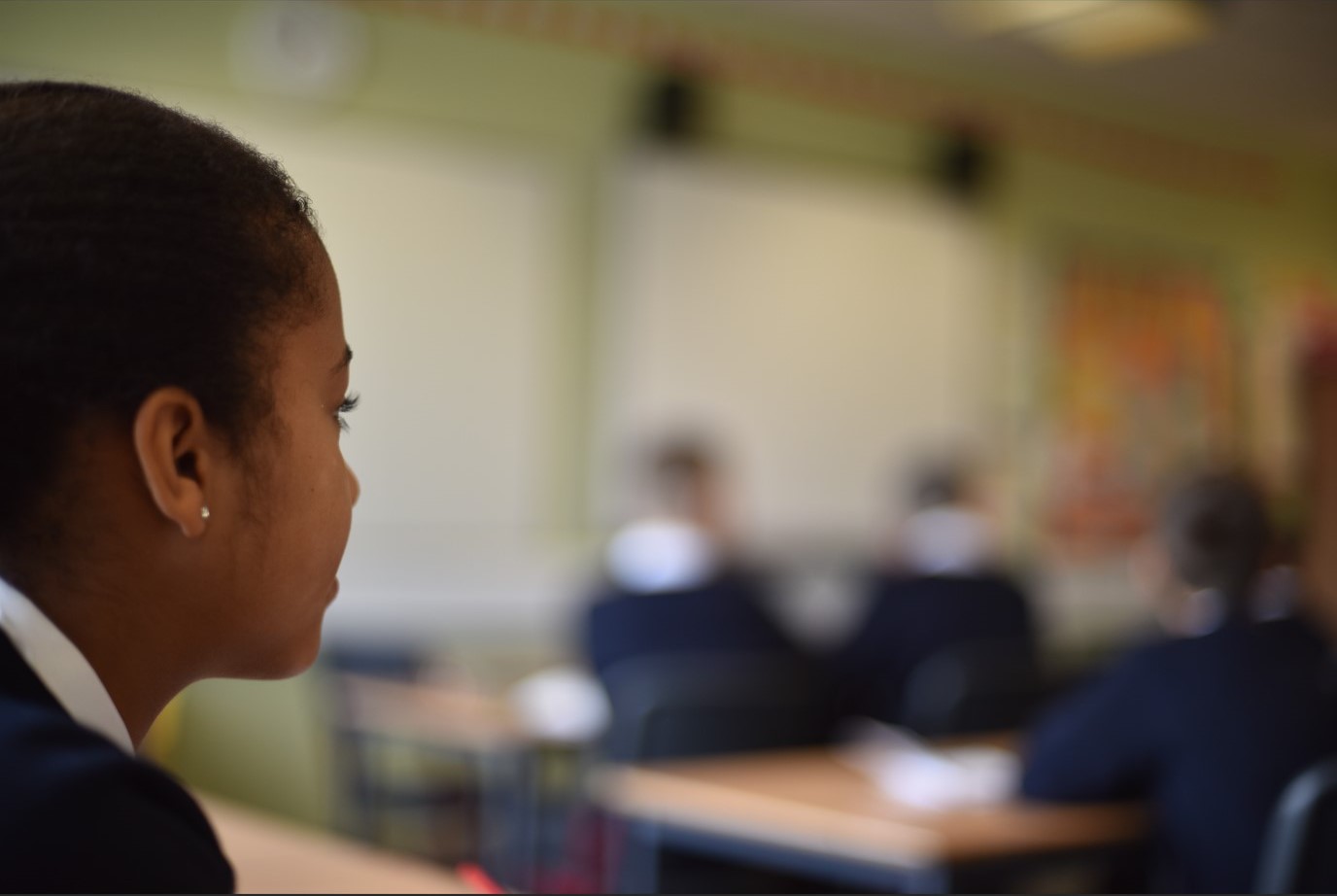History
'I would like to thank my history teacher for making the lessons so fun an interactive.' – Year 11 leaver 2024

At West Exe School, we want the learning of History to enable students to use the past to understand the present and shape a brighter future. We want History to be the subject that our students talk to parents about around the dining table at the end of the day. “You’ll never guess what we learned in history today…” As historians, children will learn lessons from history to influence the decisions they make in their lives in the future.
What makes us special.
West Exe students who study GCSE History leave us with a broad, balanced understanding of the past through their exposure to a rich tapestry of individuals’, peoples’ and societies’ past experiences.
'GCSE History really brought the past to life for me and I am now going on to study the subject as an A Level at college.' - Year 11 leaver 2024
How do we achieve this?
We achieve this through lessons imbued with passion, purpose and a rich infusion of storytelling. Each lesson is framed round an enquiry question that asks learners to reach a justified judgement based upon the evidence provided.
'The materials on Google Classroom really helped me to revise and made all of the content (including important dates) stick in my mind.' - Year 11 leaver 2023
Curriculum 5 Year Plan.
In Years 7-9, students will study a broadly chronological curriculum that takes them from the Roman Empire to the origins of present-day global challenges.
The history curriculum at West Exe School exposes pupils to a rich variety of historical scholarship, which includes a wide geographical breadth as well as breadth of diversity.
Pupils experience a knowledge-rich curriculum in which teachers use narrative and stories to aid them in ‘experiencing’ history.
Success in History.
GCSE History is a very popular options subject, with the majority of students choosing to continue to study it in Years 10 and 11.
Assessment
Low-stakes assessment takes place in every lesson, with all learners expected to play an active role in class, be that responding to cold-called questions or self-assessing their own written work. Mid-cycle assessments will test students’ knowledge of the subject content as well as providing an opportunity for extended writing on a recent topic of study. At KS3, the more formal end-of-cycle assessments will test students across the subject’s full range of knowledge, understanding and skills. In Years 10 and 11, all end-of cycle assessments take the form of actual GCSE questions and papers that provide students with regular and meaningful exposure to the demands of their final exams. In addition, Year 11 students are regularly tested on their subject knowledge via Google Classroom quizzes.
Knowledge Organisers
All history knowledge organisers include subject-specific vocabulary, and how it is used in context. Students then do a weekly multiple-choice quiz to reinforce their key knowledge. KS4 knowledge organisers provide more in-depth information that summarises each unit of the four courses of study. These can be used as valuable revision resources in the build-up to both mock and final exams.
Support and Intervention
The entire history curriculum is supported by a suite of materials on Google Classroom. At KS4, students have access to revision tools that include bespoke quizzes, revision summary videos, past papers, model answers and video exam tutorials. Additional teaching sessions are delivered both at the end of Year 10 and in the countdown to the Year 11 exams.
Enrichment
Beyond the classroom, history takes a lead in commemorating key events in the calendar year, including Remembrance Day and Black History Month. Notable events include the hearing of testimonies from survivors of The Holocaust as well as field visit opportunities, including the Year 10 GCSE History visit to Buckland Abbey and The Golden Hind.
